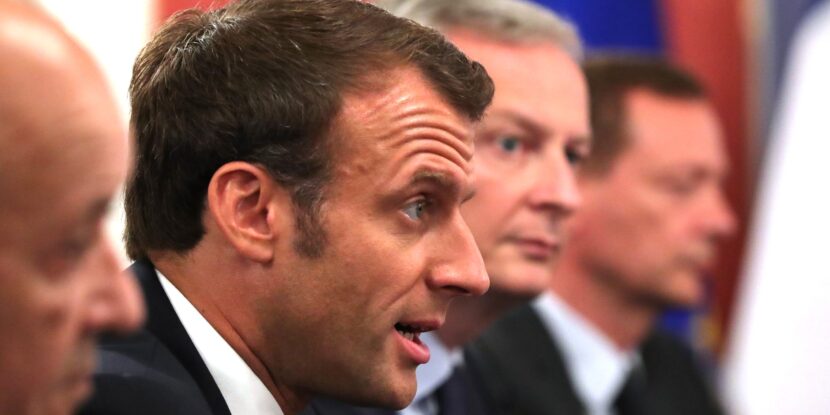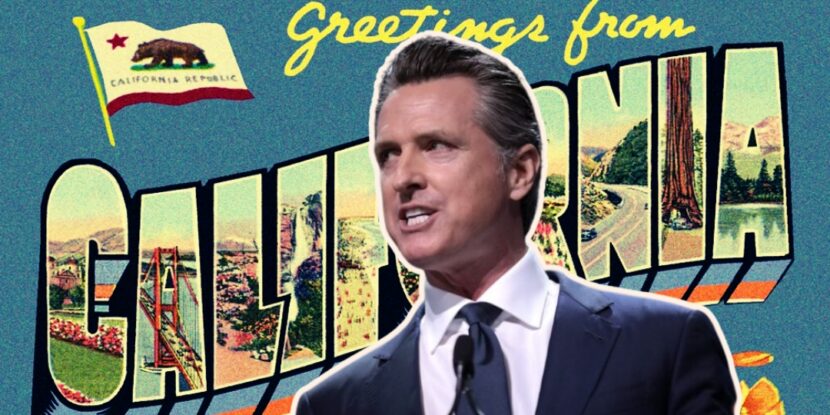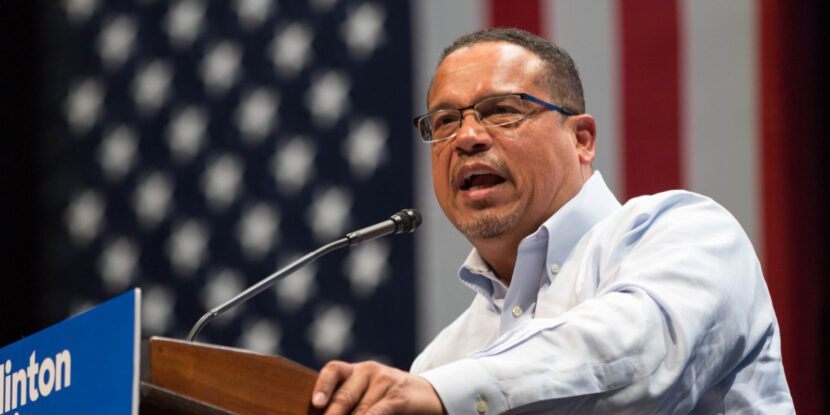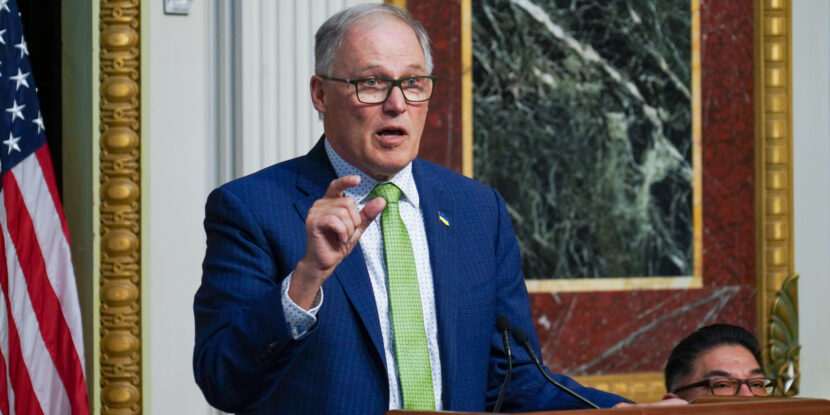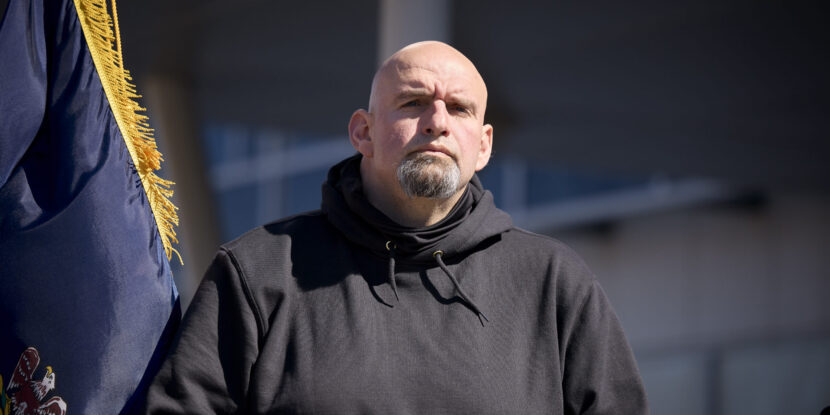❓WHAT HAPPENED: French Prime Minister François Bayrou lost a confidence vote over his austerity budget, leading to the collapse of his government. President Emmanuel Macron is attempting to replace him with Sébastien Lecornu, the former Minister of Defense.
👤WHO WAS INVOLVED: President Macron, Prime Minister François Bayrou, Sébastien Lecornu, Interior Minister Bruno Retailleau, and opposition leaders Marine Le Pen and Jean-Luc Mélenchon.
📍WHEN & WHERE: The confidence vote occurred on Monday, September 9, 2025, in France, with protests expected nationwide on Wednesday.
💬KEY QUOTE: “This moment marks the end of the agony of a phantom government,” said Marine Le Pen.
🎯IMPACT: France faces potential mass unrest, a national strike, and political uncertainty as Macron seeks to appoint a new prime minister.
France is facing a deepening political and social crisis following the collapse of Prime Minister François Bayrou’s government on September 8. His austerity budget, aimed at tackling France’s mounting debt, now at 114 percent of GDP, was overwhelmingly rejected by lawmakers, with 364 voting against and only 194 in support. The vote has triggered a wave of instability, fueling widespread calls for President Emmanuel Macron to step down as he attempts to replace Bayrou.
“This moment marks the end of the agony of a phantom government,” said Marine Le Pen, leader of the populist National Rally. Far-left Jean‑Luc Mélenchon, head of France Unbowed, added on X: “Macron is now on the front line facing the people. He too must go.”
The fallout has sparked nationwide unrest. A massive general strike, branded Bloquons Tout (“Let’s Block Everything”), is set for this week. Organizers expect up to 100,000 participants, with railway workers and air traffic controllers planning walkouts. Interior Minister Bruno Retailleau has warned of a potential “insurrectional climate,” while Paris Police Prefecture chief Laurent Nuñez expressed concern over sabotage and infrastructure blockades.
Bayrou is the fifth prime minister to have exited in under two years, which is evidence of the political paralysis in Macron’s deeply divided legislature. The president must now appoint a new leader capable of passing a budget, a task made even more daunting by Macron’s collapsing approval. According to an Ifop poll, 77 percent of French citizens disapprove of his leadership, and 64 percent believe he should resign outright rather than name yet another prime minister.
However, President Macron has announced that he will be assigning the role of Prime Minister to Sébastien Lecornu, the former Minister of Defense and a Macron ally. “The Prime Minister’s actions will be guided by the defense of our independence and of our power, service to the French people, and political and institutional stability for the unity of the country, ” Macron’s office said in a statement. However, it remains to be seen if Lecornu will have any more success than his predecessors in passing a budget, with it seeming quite likely that the National Assembly will eject him from office, too.
The current unrest is not isolated. Over the past two years, France has seen waves of protests, from violent urban riots, where some demonstrators even targeted politicians, to the farmers’ blockade of Paris in early 2024, when agricultural workers encircled the capital in protest of rising costs and government policies.
There are rising fears that the country could spiral into full-scale internal conflict. In March 2025, a poll revealed that 40 percent of French citizens believe civil war is possible amid worsening social fragmentation and the rise of Islamist separatism. Former top general Pierre de Villiers had already warned in 2020 of a looming “civil war” driven by a breakdown in authority and national cohesion.
Macron has been a key player in European Union (EU) diplomacy, particularly in the Ukraine conflict, but the collapse of his domestic legitimacy is likely to undermine this.
Join Pulse+ to comment below, and receive exclusive e-mail analyses.
